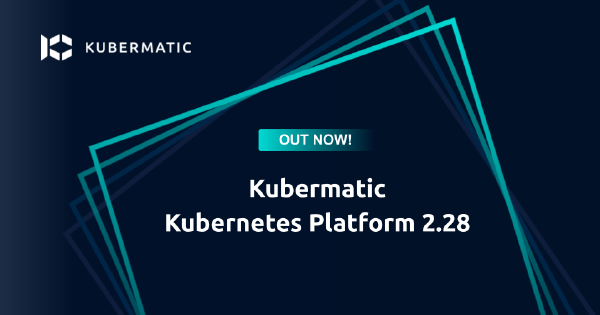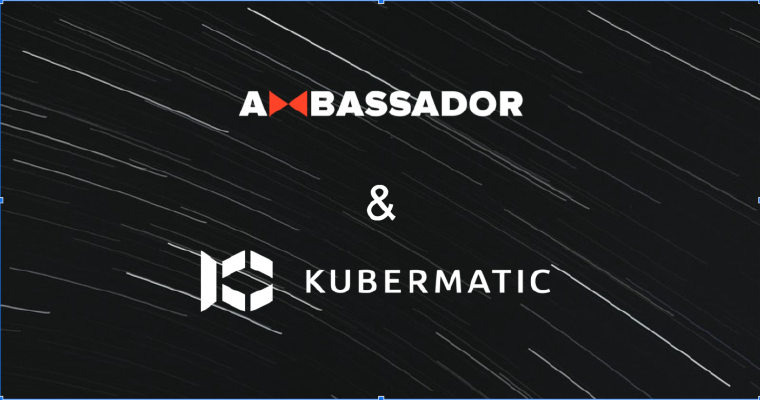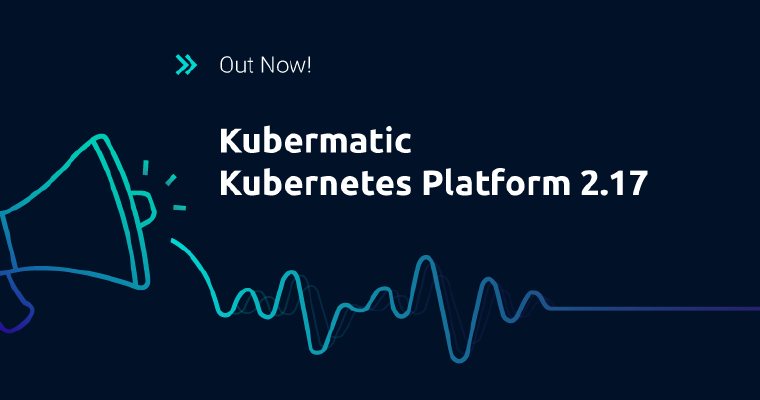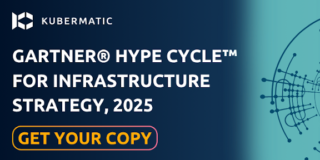


How to Implement Kubernetes Monitoring, Logging, and Alerting at Scale
In this post, we’ll look at how we implemented a Monitoring, Logging, and Alerting stack (MLA) for a highly distributed platform, in a scalable and efficient manner.

The State of Apps 4: PersistentVolumes and PersistentVolumeClaims
Previously in this series, we looked at volumes and volumeMounts in Kubernetes. Now we’ll take a step further and introduce two other Kubernetes objects related to data persistence and preservation, namely PersistentVolumes (PVs) and PersistentVolumeClaims (PVCs).

Why Implementing Kubernetes Operators Is a Good Idea!
There are so many environments that operational tasks and applications have to be managed in today, it can be a real challenge. Implementing cloud native Operators are a great way to improve efficiencies by providing the tools to automate these processes. In this blog post, you’ll learn more about what Kubernetes Operators are and the benefits of adding them.

Kubernetes Deployments: An Introduction
In the last part of this series, you learnt about ReplicaSet and its functionalities to make the management of Kubernetes applications easier. We will take a step further in this part by introducing you to Kubernetes Deployment.

Kubermatic News for May 2021
What’s new from Kubermatic in May? Recap in a nutshell.
Learn more about multi-cloud with Kubermatic Kubernetes Platform, KKP 2.17 release and get your early bird ticket for ContainerDays Hybrid 2021.

Kubernetes ReplicaSet: An Introduction
In this part of our series, we are focusing on Kubernetes ReplicaSets. Just like the previous parts, there will be hand-on practice to allow you to get acquainted with the features and functionalities of ReplicaSets which include using ReplicaSet to scale applications up or down.

How to Write Software to Set Up Kubernetes Anywhere
Although Kubernetes is a very complex system, installing it doesn’t have to be hard if you use existing tooling. In this blog post, you’ll get some insights on the learnings we made while creating KubeOne, a Kubernetes cluster lifecycle management tool.

Keeping the State of Apps Part 3: Introduction to ConfigMaps
In this part, we will look at ConfigMaps which is a similar Kubernetes object but differs in use case to Kubernetes Secret. After digging into theory, we will follow up with hands-on practice to test the use case and functionalities of a ConfigMap in Kubernetes.

Kubernetes Metrics – The Complete Guide
Deployments of Kubernetes in production are notoriously massive in scope, running thousands and even tens of thousands of containers. In this blog post, we show you how Kubernetes metrics help you keep track of your containers.

Deploying Ambassador Edge Stack with Kubermatic KubeOne
Ambassador Edge Stack is an open-source, Kubernetes-native API Gateway that delivers Edge-as-a-Service to application developers. In this blog post, we’ll show you step by step how you can use Kubermatic KubeOne to deploy Edge Stack on AWS.

Just Released! Kubermatic Kubernetes Platform 2.17
Today, we are thrilled to announce that Kubermatic Kubernetes Platform (KKP) 2.17 is available, as part of our relentless dedication to the innovation of all things Kubernetes.

Announcing SVA as a New Reseller Partner
We are very excited to announce a strategic partnership with System Vertrieb Alexander GmbH (SVA), one of Germany’s leading systems integrators for high quality IT products.
